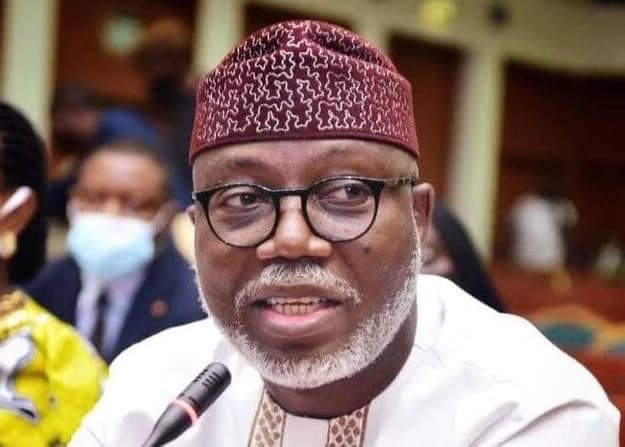A review of the 36 states’ budget performance reports has shown that twenty one of these states would have been unable to pay salaries in the first quarter of 2024 with only their internally generated revenue (IGR).
The analysis showed that in the first quarter, Kano State made N9.5billion but incurred a personnel cost of N20.4billion.
This means that with its internally generated revenue only, it would have been unable to meet its wage bill.
In a related development, Kaduna State generated N13 billion in the first three months of 2023, but incurred salaries to the tune of N15 billion, meaning that its internally generated revenue was N2 billion short of the three months wage bill.
The situation is not different in Oyo State with an internally generated revenue of N13.1 billion and personnel cost of N21.1billion.
Osun generated N11.1billion internally but had a personnel cost of N12.5billion.
In Kogi, internally generated revenue stood at N6.2billion while personnel cost was put at N14billion.
Other states like Nasarawa made N3.6 billion but had a wage bill of N9 billion.
Bauchi would not have paid its salaries up to the recorded N9.8 billion, if it relied on internally generated revenue of N7.9 billion for the first quarter of the year.
In Adamawa, ths internally generated revenue stood at N3.3 billion while the personnel cost was N10.5 billion .
In Enugu the personnel cost posted was N4.9 billion while the internally generated revenue stood at N2.2 billion.
The situation is not better in Zamfara where the sum of N2.1 billion was generated and N8.1 billion salaries were to be paid.
For Borno, internally generated revenue stood at N15.6 billion while personnel recorded was N8.4 billion.
In Ondo state while only N7.8 billion was raked in as internally generated revenue , the personnel cost stood at N15.1 billion, almost twice the internally generating revenue recorded.
In Kebbi, the story is not different as the state recorded the sum of N2.1 billion as internally generated revenue but spent over two times on personnel cost. Personnel cost stood at N5.2 billion .
Plateau state also incurred personnel expenditure of N8.6 billion while it made N5.1 billion internally.
Jigawa state had a total of N1.3 billion as internally generated revenue but spent N12.4 billion as personnel expenditure in the first quarter of 2024.
While Sokoto posted N4.4 billion as revenue, it spent N12.8 billion on personnel costs.
Gombe also had an IGR lower than the personnel expenditure. In the first three months of 2024, the sum of N4.5 billion was made by the state but personnel cost stood at N10 billion.
Taraba State made only N1.9billion but had a wage bill of N8.7 billion in the first three months of 2023.
Abia state made N6.3billion as IGR with a wage bill of N6.8 billion for the first three months of 2024.
In Ebonyi, the wage bill totalled N3.9billion, although the state made only N2.9billion internally.
In Yobe state, the internally generated revenue stood at N2.1billion while the state incurred a wage bill of N11billion.
SaharaReporters’ further analysis shows that a number of states made more internally generated revenue than their personnel cost.
For instance, Ekiti state earned N10 billion in the first three months of 2024, internally, and had a wage bill of N9.2 billion.
Cross Rivers state also made N9.4 billion as internally generated revenue while incurring personal expenses to the tune of N6.6 billion.
Edo state also recorded an IGR of N16.8 billion with a personnel cost of N14.7 billion.
Akwa Ibom made N22 billion internally and had a personnel cost that stood at N14 billion.
In Delta, the personnel cost of N30.2 billion is less than what the state made as internally generated revenue in the first three months of 2024. Delta recorded N35.7 billion IGR in Q1, 2024.
Anambra state made N8.2 billion internally while the wage value stood at N6.4 billion.
Bayelsa’s wage bill stood at N11 billion while it made N40 billion as IGR in the first three months of 2024.
In Lagos, the internally generated revenue for the first three months of 2024, was N275.9 billion, while it had a wage bill of N59.3 billion.
While Kwara state made N20 billion internally, it spent N11 billion on its personnel cost.
There have been concerns over the over reliance of states on federal allocation.
While states continue to struggle with their own revenue generation, they rely heavily on monies gotten from the federal government to meet up with budgetary expectations.
Experts have warned that over-reliance on the Federal government revenue sharing can be detrimental to the development of these states.
Credit: Saharareporters










Leave a Reply